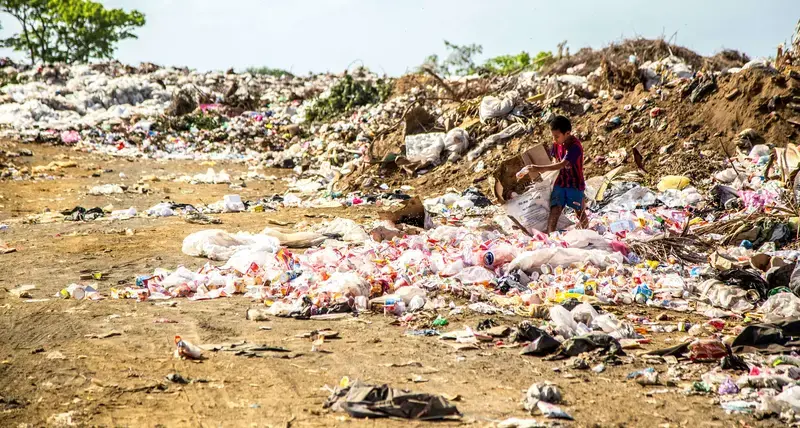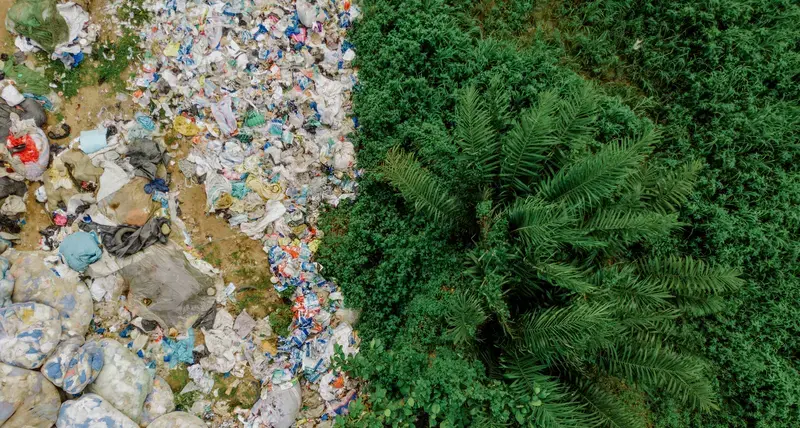Overview
Statements on the International Day of Zero Waste 2024
Statement by the Secretary-General of the United Nations
Statement by the Acting Executive Director of UN-Habitat
Statement by the Executive Director of UNEP
Statement by the First Lady of Türkiye
News and stories

27 March 2024 - UN Advisory Board on zero waste outlines good ...

28 March 2024 - Nine key steps to overcoming the waste pollution crisis
About the Internation Day of Zero Waste
Publications
Resources and videos
- UN Secretary-General's Advisory Board on Zero Waste
- Trello board
- Waste Wise Cities programme
- Waste Wise Cities data portal
- African Clean Cities Platform
- One Planet network
- International Environmental Technology Centre
- International Day of Zero Waste 2023 (UN page)
- International Day of Zero Waste 2023 (UNEP page)
- Amal’s green school programme
- Zero waste at schools and toolkit for waste management education
- Waste wise education factsheets
- Educational strategy in the school Los Nogales
- Awareness toolkit
- A comic book “My waste, our health”
- Video: Precious Plastic goes to Kenya - Pilot #1
- Video: Webinar: Deep Dives #1 - Treatment of Waste Electric and Electronic Equipment
- Video: Webinar: Waste Technology Deep Dives #2 - Treatment of Organic Waste - Anaerobic Digestion
- Video: Webinar Waste Technology Deep Dive #3 Black Soldier Fly Larvae Composting[RN1]